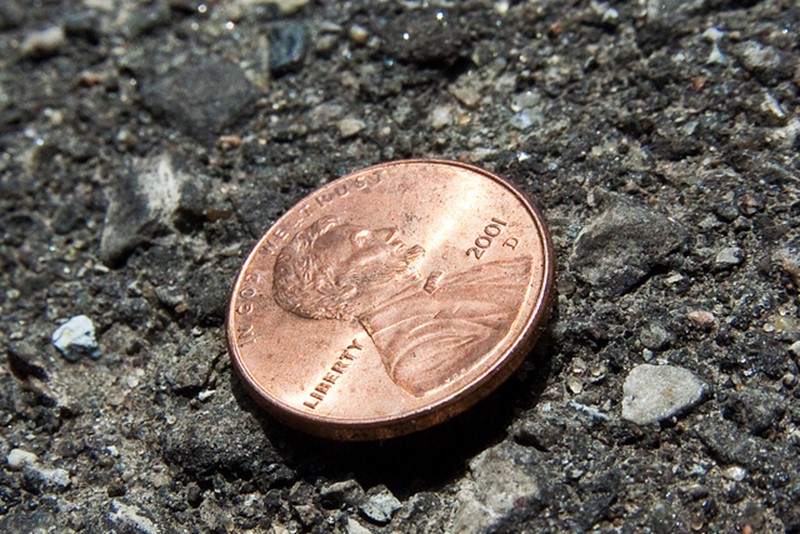How Elections Affect GDP
April 27, 2015 in Daily Bulletin

Before an election incumbent government sometimes try to implement policies that will give a short term boost to economic growth in the hopes of tipping the election in their favour. The Economist looked at the success of the strategy:
- Data shows that incumbent politicians are most likely to try to manipulate the economy when elections are expected to be close.
- Third world governments seem particularly fond of pre-election spending splurges.
- Yet the tactics are usually unsuccessful. Despite the boost in government spending, there is no clear impact on GDP growth.
- It seems that this is because even as government increases its spending, businesses retrench their spending as they want to avoid making investments in an uncertain political climate.
- The effect has been quantified: businesses are found to reduce their investment spending in election years by 4.8% relative to non-election years.
- There’s hope however – companies are less likely to reduce investment if the politics of a country are transparent and there are limits to government power.
- Thus instead of boosting spending, an incumbent government could try to ensure more transparent governance, if it wants to increase economic growth before an election.
Read about the studies that have been conducted on the subject, other reasons why election year spending may not help the economy, and more over here.
Source: The Economist









Join the Discussion! (No Signup Required)